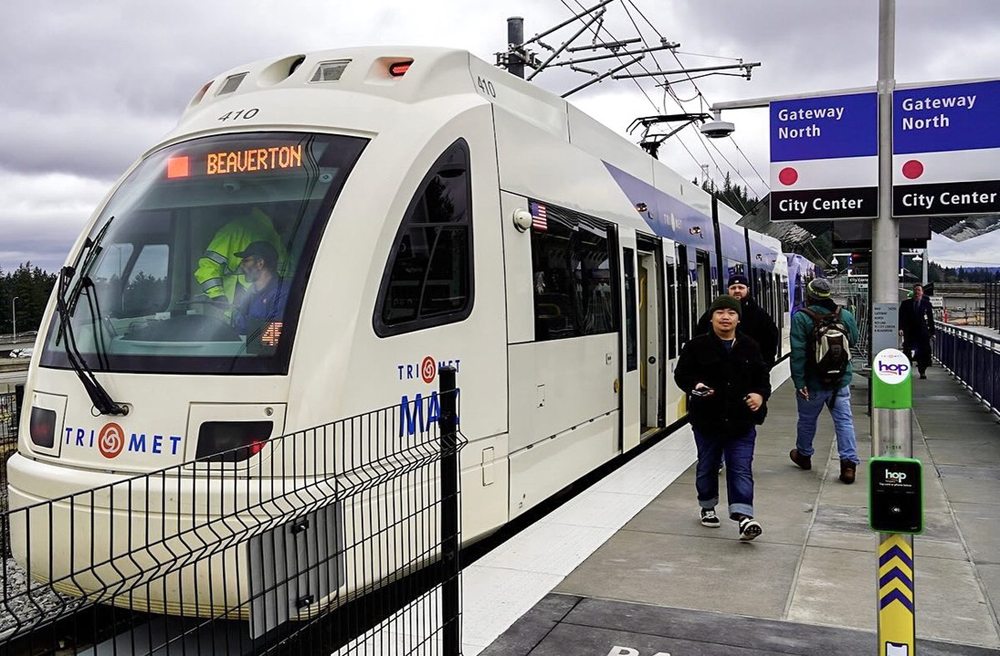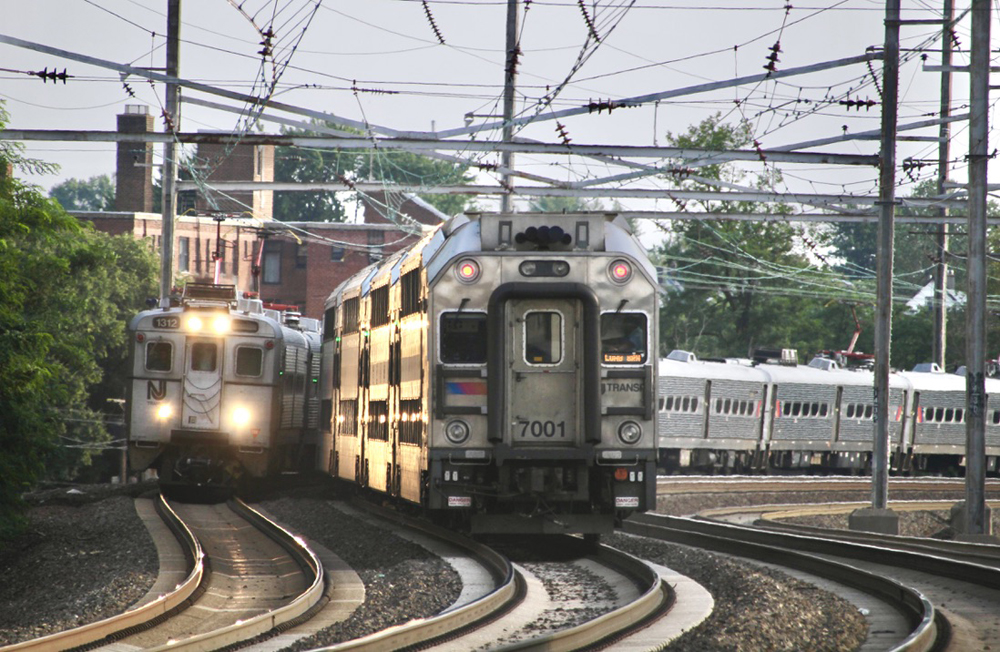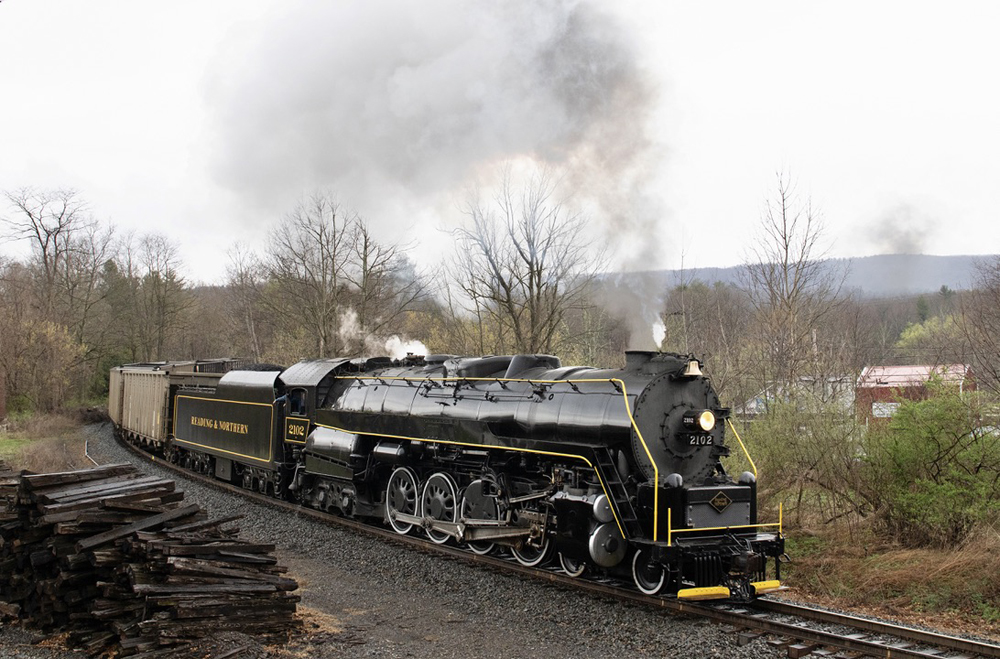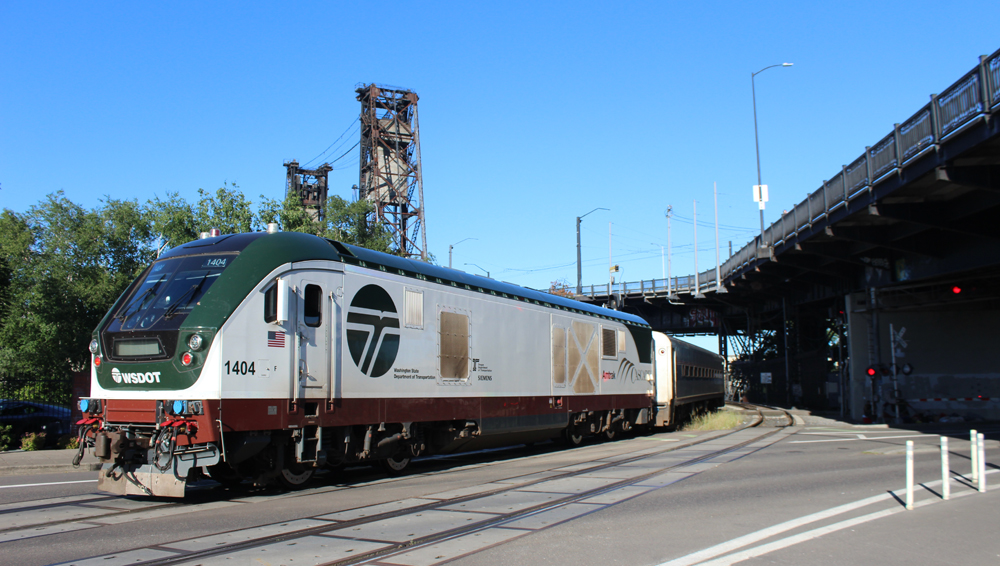
PORTLAND, Ore. — Add the Portland area’s Tri-Met to the list of transit agencies warning of dire consequences without an increase in funding.
The agency is warning that it could face a 15% cut in service beginning in 2027, with additional 5% cuts every two years after that, unless its funding is boosted. The agency is seeking a 0.4% increase in the Statewide Transportation Improvement Fund payroll tax — phased in over eight years — to avoid the cuts.
“We appreciate the efforts of the Oregon Legislature to assemble a package that balances funding for all modes of transportation,” TriMet said in a press release. “However, the amount of funding for public transit currently being proposed is not enough to avoid service cuts that will leave tens of thousands of Oregonians stranded without the transportation they depend on, including in TriMet’s tri-county service district.”
TriMet serves a 533-square-mile area in Oregon’s three most populous counties — Multnomah, Washington, and Clackamas — with bus, light rail, commuter rail, and paratransit operations. It says that under the current funding proposal, it would have to eliminate 34 of its 78 bus lines by July 2027, with 17 more to follow over the next four years. Elsewhere, it would reduce frequencies and hours of operation.
Transit operations in Chicago, Pittsburgh, and Philadelphia have also recently sounded warnings about potential major service cuts. All are caught in a spiral including reduced ridership since the pandemic, the end of federal funding to offset pandemic losses, and state politics that often sees rural areas balk at helping to fund urban transit systems.














The idea that rural areas are paying more taxes in order to subsidize urban areas is a fallacy. Most rural areas depend on state & federal tax money for roads, schools, public services like fire, law enforcement and rural medical centers. These costs far exceed the money these areas contribute to state and federal coffers. This is ok though because we as Americans need both the urban and rural areas.
Troy,
Your comment isn’t accurate for PA. There is some of what you say but what’s keeping many of the rural areas going is the money they get from the fracking in their area. The Philadelphia area has been trying for years to bring in revenues from new taxes paid throughout the state with them receiving far more than what their residents would be paying.
Can’t transit get in on the same blank check funding the highway do? The Hwy Trust Fund has been unable to meet its funding mission since 2009. All the funding shortages are siphoned from the Treasury approx $150 Billion to date & no end in sight. It’s always the “that’s different” attitude when it’s involves highways, like adding to the deficit is OK for hwys but not for transit. Until Americans pay the full price of their drive it’s like the pot calling the kettle black!
Agreed! I’ve been banging that gong for a long time.
Okay, fine Galen and Thomas. But where the h….ll are the riders?
I got a real good lesson in public transportation today. I rode two trains:
(1) The lightly patronized Denver “A” line to DEN Denver International Airport. Lightly patronized in part because at the downtown Denver end it doesn’t go anywhere or connect to anything. Rather than the pickup/ dropoff at the insane zoo which is DEN airport, ride the A Train to/from 61st/Pena Blvd where pickup/ dropoff is a breeze. But just about no one except my Colorado family has figured that out.
(2) The massively patronized DEN people mover train from the terminal to the concourses. At 82 Million ticketed passengers plus whoever else rides it (airline crews, concessionaires, maintenance people etc.) it has two or three times the passenger count of Amtrak.
So what’d the lesson? The lesson is this: We who advocate for public transportation had best figure out how to get some a…es in the seats or the cause is lost.
“The chickens are coming home to roost …” (so to speak) in terms of large metro region transit agencies and their long-simmering fiscal and policy issues, which were (temporarily) papered over with federal COVID-19 relief funding. The federal well has run dry and now these transit agencies are having to dig themselves out of a DEEP fiscal hole.
I had heard that the Chicago METRA commuter rail system is facing a $732M shortfall by 2026, with the end of federal COVID-19 transit relief funding. Any idea of how they’re going to close this substantial funding shortfall?
Metra still runs full schedule long trains. For ridership down by half
“state politics that often sees rural areas balk at helping to fund urban transit systems”
As they should. How can they be onboard for yet more revenue redirection when the state highway running by their farm cant get fixed?
All politics are local, transit is no exception.
We are entering the end game. The sixties and ‘seventies promises of metro government and expanded transit districts were sold as “good government “. Now they are seen, rightly or wrongly, as tax grabs.
It isn’t just transit. The urban areas are always trying to find ways to get funded from outside their metro areas. Many of them are losing population and businesses due to their politicians prior wrong decisions and failure to uphold the quality of life, especially in their public schools.